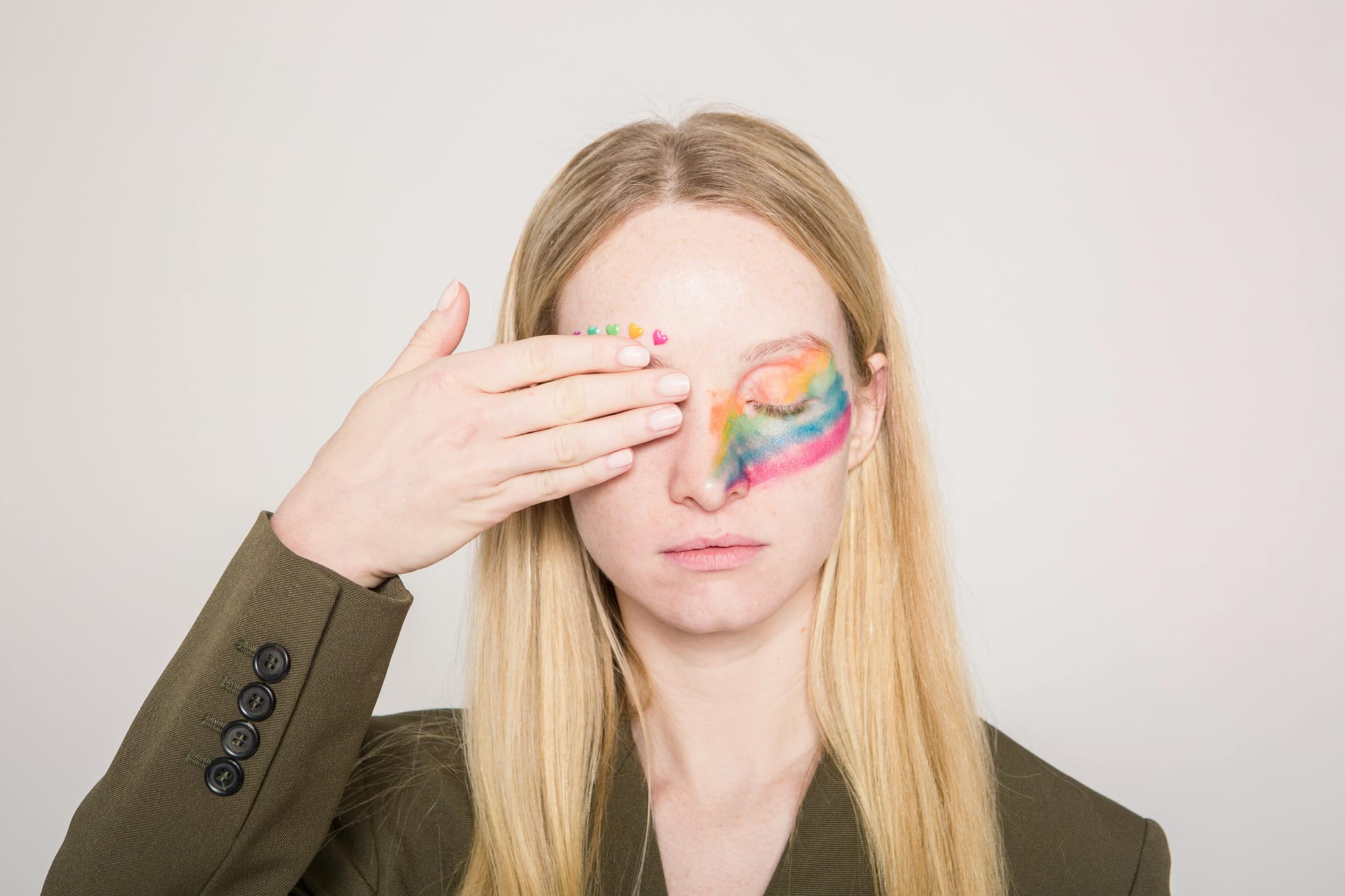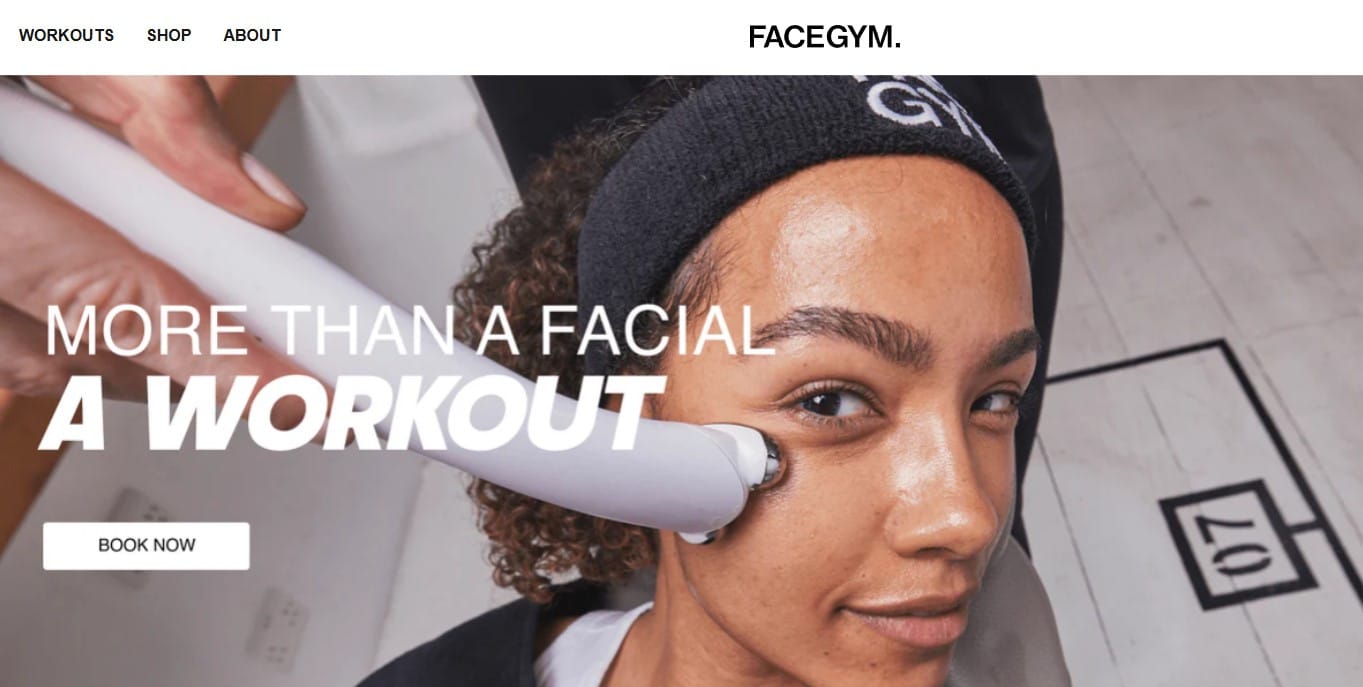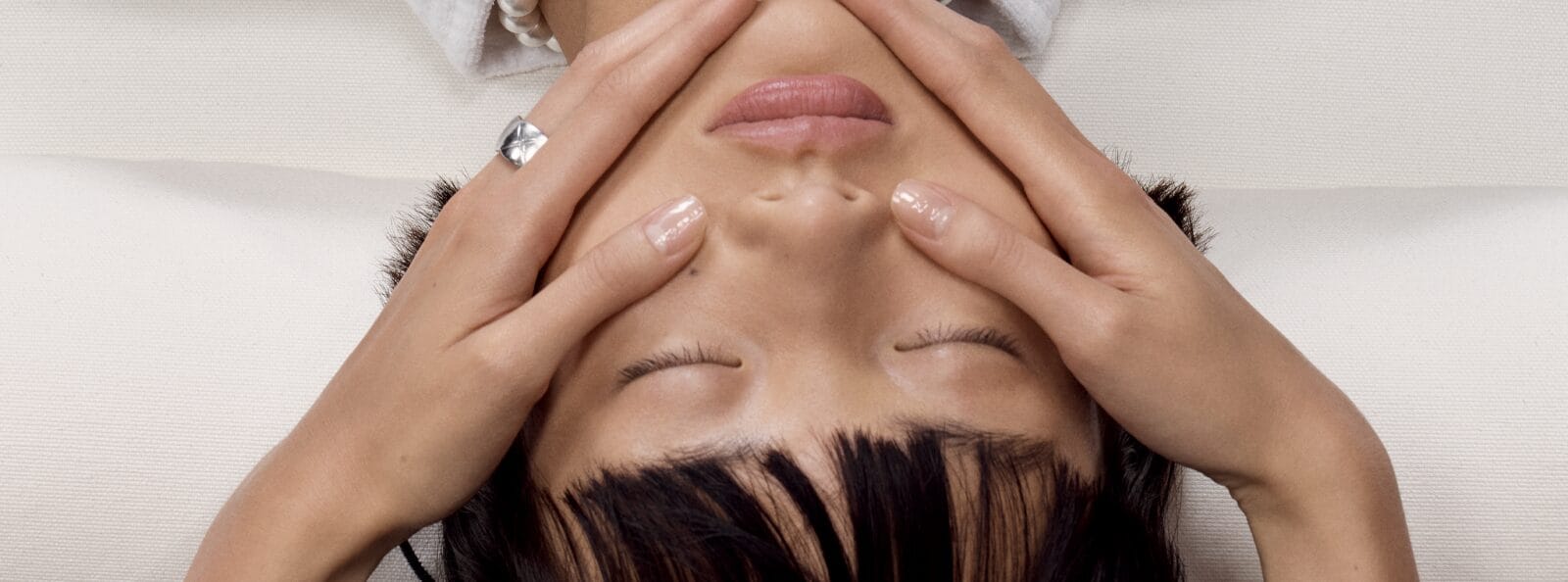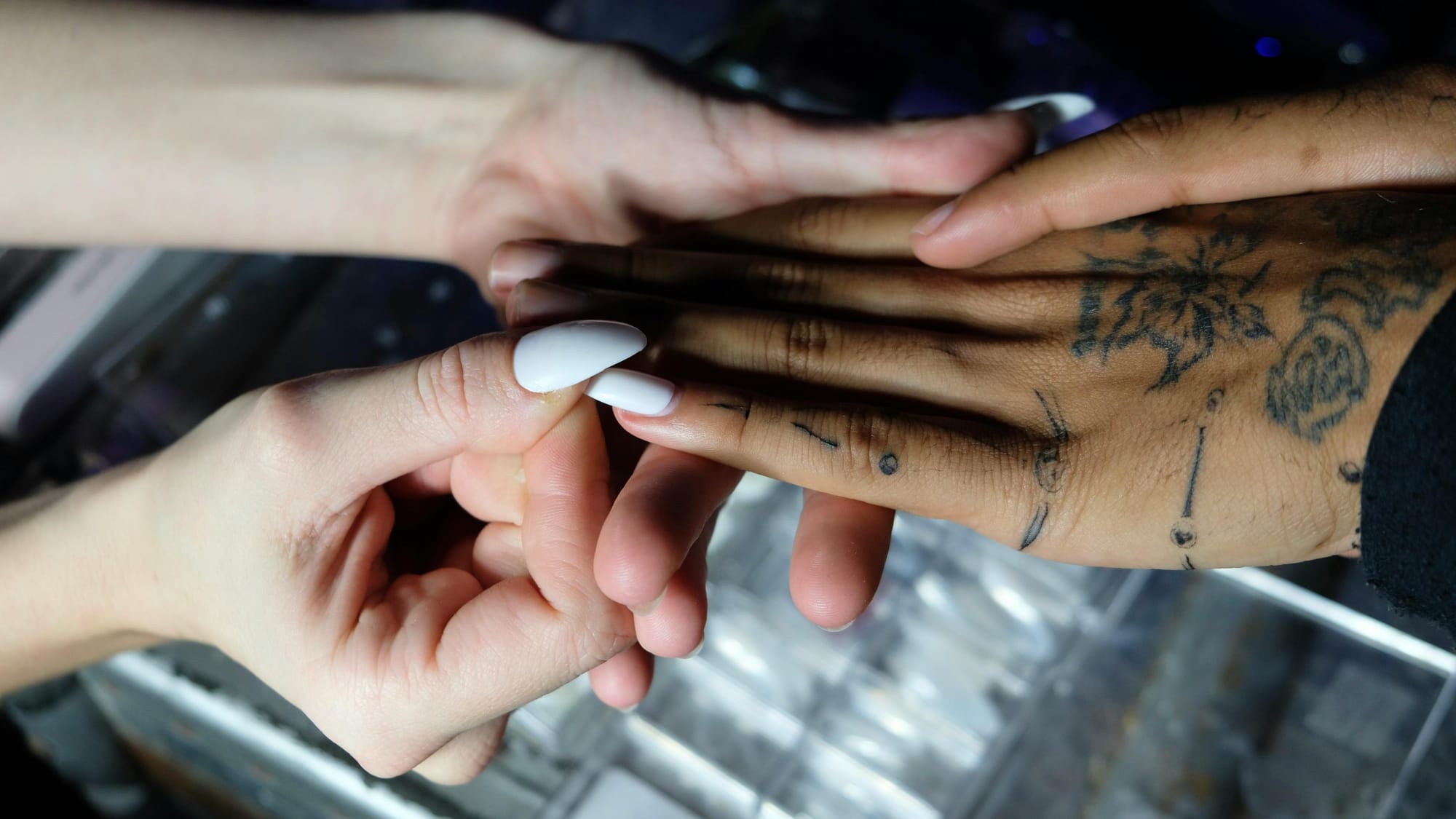The power of touch: can "fascial" fitness replace traditional skincare?

Les points-clés en français au bas de l'article
In a recent feature for Dazed, a journalist posed the question: "Could fascia massage derail the beauty industry?". The article spotlights Anastasia, founder of beautyfascia.com, whose focus on fascia — the connective tissue between skin and muscle — is reshaping conversations around beauty and skincare. This often-overlooked tissue has become a hot topic, with enthusiasts touting fascia massage as a potential alternative to traditional treatments.
With 2.3 million Instagram followers, Anastasia is both celebrated and debated. Numerous Reddit threads discuss whether she’s undergone aesthetic procedures herself, but that hasn’t slowed the success of her $300 monthly "Glow Up" course. The course promises to “Transform your Face in just 30 Days — without needles, surgery, or other procedures,” appealing to those seeking non-invasive beauty routines.
The concept of “active beauty” isn’t new; FaceGym was a pioneer in “facial fitness” when it opened its first studio in 2014 and Nivéa started providing face exercises on its website years ago. Techniques like face yoga and kobido massage have long held places in the beauty world, and Anastasia is simply continuing this movement. Other brands have recently joined, including Chanel whose patented “La Fascia” technique draws on fasciatherapy and emphasizes slow, deep stretching of facial fascia to lift, firm, and enhance circulation and lymphatic drainage.

But as Dazed suggests, could facial fitness eventually replace traditional skincare rather than complement it? Anastasia argues it can. “You don’t need to use cream, unless your skin feels very dry. We work way beyond the skin,” she says in her videos. While initially focusing on tools and exercises, FaceGym launched a topical skincare range in 2021, underscoring the growing synergy between physical techniques and topical products. Similarly, Chanel’s fascia treatments incorporate the brand's products alongside technologies like cryotherapy and radiofrequency, showcasing a hybrid approach.

This raises a provocative question: to what extent can promises of smoother skin and a lifted appearance transition from skincare products and cosmetic procedures to facial exercise techniques?
Could a holistic, exercise-based beauty routine emerge as an alternative — one that prioritizes body education and self-care over ingredient lists? There’s one catch: facial exercise demands time and dedication. However, as British Vogue editor Nessa Humayun points out, it also gives people a sense of control over their appearance, suggesting a deeper, more mindful connection to one’s own face.
As brands look to tap into this rising interest, they face a new frontier: integrating the power of touch. Could the future of skincare involve not only active ingredients but also sensory experiences and emotional connections? The rise of “neuro-cosmetics” and experiential treatments like Natura Bissé’s Mindful Touch suggest that beauty routines may indeed evolve to include the psychological benefits of tactile, mindful interactions.
Another layer to this discussion is the growing recognition of beauty’s influence on mental well-being. As one therapist noted in a Stylist article, “There’s something about being so close to someone. They let their guard down and spill everything. You’re seeing this person in their most vulnerable state.”

Of course, going to the hairdresser's has long had a positive impact on wellbeing but in today's increasingly digitized world and amid a growing loneliness epidemic, the power of touch holds new significance. It fosters closeness, intimacy and may even enhance mental health benefits at a time when they are most needed and sought after.
-----------------------------------------
En français :
- La "beauté active" (gym faciale, yoga du visage, massages) n'est pas une tendance nouvelle mais elle revient sur le devant de la scène à travers la (re)découverte des fascias, ces réseaux de tissus conjonctifs qui soutiennent les muscles
- Des influenceuses beauté comme Anastasia mais aussi des marques comme Chanel ont développé des offres fondées sur la fasciathérapie, avec beaucoup de succès
- A tel point que certains experts s'interrogent sur l'impact de ces nouvelles pratiques sur une industrie qui commercialise majoritairement des produits (c'est-à-dire des crèmes, bien que les devices gagnent en popularité)
- Une chose est sûre : tout comme les émotions dans l'émergence des neurocosmétiques, le pouvoir du toucher est une dimension à redécouvrir et réexplorer, en particulier à une époque où le quotidien est de plus en plus dominé par les écrans et où le sentiment d'isolement grandit